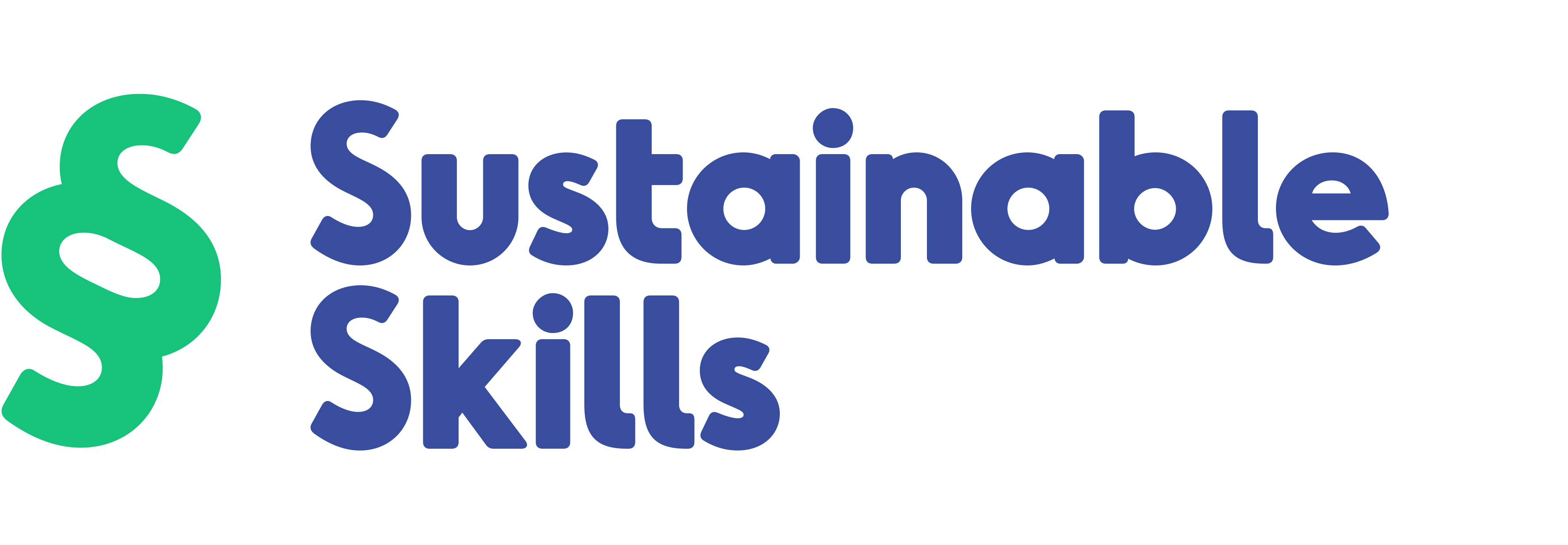Welcome to the April edition of our Sustainable Skills newsletter!
Australia’s economic and political engagement with the immediate region and the world has evolved in recent decades, necessitated by rising living standards in Australia and improved economic opportunities in neighbouring countries. A key trend in this changing relationship with the region is the rise in trade in skills and education.
Today, technical and vocational education presents a very substantial opportunity for Australia in terms of the export of education services, which includes helping to establish and strengthen skills standards across the region. Australia is recognised as having a leading TVET system which reinforces the Australian reputation for international education and education services.
Vocational education is naturally parochial and requires close alignment with local industry and firm management of skills systems and frameworks, such as competency standards and quality assurance mechanisms to ensure the delivery of effective skills. Sustainable Skills provides consultancy that builds local capability to manage vocational education using Australian design.
As the Australian Indonesia Business Council said in its submission to the Indonesia-Australia Business Partnership Group (July 2016): “Indonesia-Australia cooperation in education, training and professional development is a perfect example of complementary comparative advantages. It will have close to the highest potential to activate transformational change in national economies and the economic relationship.”
Sustainable Skills has established successful partnerships that provide Australian vocational expertise, design and practice in developing countries. The evidence of this success has driven an acknowledgement in a number of countries of the effectiveness of Australian practices and nurtured a growing demand, especially in some of our immediate neighbours for Australian assistance and services.
Over the last few months, the Sustainable Skills team efforts have been entirely focused on the development of new business opportunities in the international cooperation sector, with the aim to consolidate our position as one of the leading TVET consultancy organisations in the world. Our work to date shows there is strong demand in developing and middle income countries for improved TVET systems and capacity building.
In April, our activity continued following this course as I had the opportunity to travel again to Indonesia and meet with KPPIP (Committee for Acceleration of Priority Infrastructure Delivery), the national inter-ministerial committee established with the main objective of coordinating the decision-making process and debottlenecking the delivery of Infrastructures projects to support the current country growth. KPPIP is facing the challenge to build the capacity of local agencies and workforces to deliver a new strategic infrastructure project in the energy sector, and Sustainable Skills long term expertise with capacity building programs in the infrastructure industry could be critical to the project success. I also travelled to Manila where I attended an Asian Development Bank conference where I was able to explore options of how we can work with the ADB as well as holding meetings with the Philippines Education Ministry and the Technical Education and Skills Development Authority (TESDA).
At the same time, Sustainable Skills Chair of the Board, Michael Gill, travelled to Myanmar to explore potential opportunities for TVET project in the country. Michael has extensive knowledge and expertise in business strategy development projects with a focus on Asian Countries. He first visited China in 1978 and Japan in 1980 and he also travels regularly for business to India, Indonesia, Thailand, Singapore, Myanmar and South Korea.
Sustainable Skills continues exploring opportunities in a number of African Countries. During April I traveled to Ghana to attend the Sustaining Competitive and Responsible Enterprises (SCORE) Convention organised in Accra by the Geneva- based International Labour Organisation (ILO) . The ILO SCORE program supports practical training and in-factory counselling that improves productivity and working conditions in small and medium enterprises (SMEs), and is offered by ILO to a number of emerging economies in Africa, Asia and Latin America to offer SCORE Training to enterprises.
The trip to Africa presented me with the opportunity to travel to Nairobi to follow up on some of the meetings I had during my previous trip in February, including a promising discussion with Nairobi Water and Sewerage Co, the institution in charge of providing water and sewerage services to the residents of Nairobi.
As you may remember, last month Ben Rawlings, Sustainable Skills Director International Development Services, travelled to Uganda to negotiate our participation in a Skills Development Project managed by the Private Sector Foundation Uganda. The contract has not been finalised at this stage but is progressing through the World Bank procurement process and we hope to give you further updates in the next few weeks. In addition to managing this ongoing process, Ben will also be attending Latin America Down Under in Perth during May to speak with ministers and other key stakeholders from Latin America about the skills challenges and opportunities facing the resources sector.

